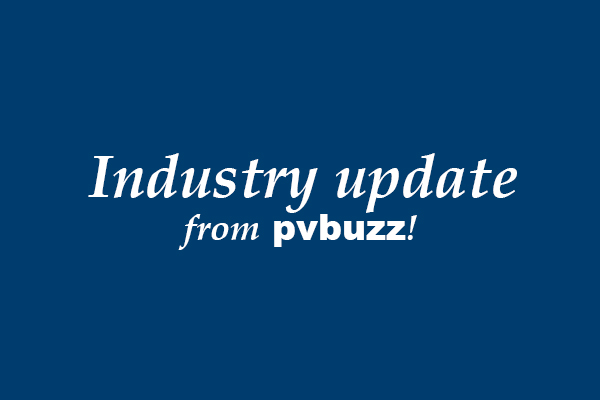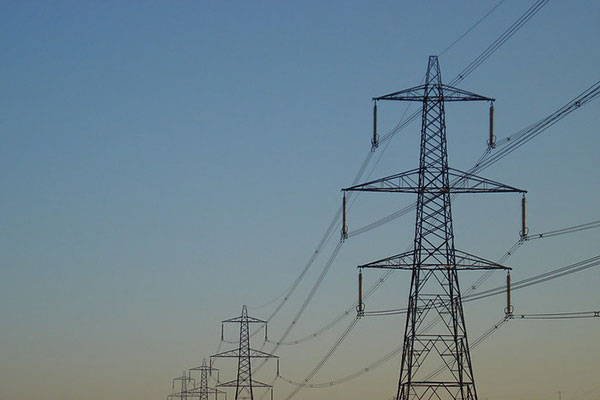- Nexamp is working through Feeding America to contribute funds to local organizations where they operate.
- They aim to help with stocking food banks and providing PPE for healthcare workers.
- Nexamp is hopeful this will encourage others in the clean energy sector to give back in similar ways.
Massachusetts — Nexamp is launching two new philanthropic initiatives to help communities respond to the COVID-19 crisis. The company is making financial contributions to a number of local food banks in the areas where it operates and is leveraging its procurement network to source and donate Personal Protective Equipment (PPE) to local healthcare facilities and first responders.
Nexamp is working through Feeding America to contribute funds to food banks serving those struggling with the economic impact of COVID-19.
Nexamp also is working with its suppliers and partners to locate, purchase and deliver PPE to individual community sites where it is needed most. The company has implemented a generous employee matching program and has raised $225,000 toward the effort so far.
“By definition, our business is all about communities,” said Nexamp CEO Zaid Ashai. “We partner with communities to build solar farms that benefit area residents and bring clean, renewable energy to the local grid. A deep-rooted commitment to the communities in which we live and work is one of our corporate values, especially when times are tough. In looking at the current crisis, we decided the most immediate needs in communities are access to food and availability of adequate PPE.”
More than a dozen food banks in Massachusetts, Maryland, New York, Illinois, Georgia, Maine, New Jersey, Rhode Island and California will receive financial donations from Nexamp. Nexamp has solar projects in each of these states.
The clean energy industry is focused on making the world a better, safer, healthier place for all people today and into the future. Clean energy innovators such as Nexamp play a role in bringing more clean energy to the power grid by displacing traditional fossil fuel sources while investing in the distribution infrastructure to improve resiliency and energy independence. Communities are embracing this transition by supporting the expansion of solar. At a time of crisis, such as this one, clean energy companies need to help in any way they can.
“The decision to give back in this way really was an easy one for Nexamp’s leadership team, and we urge other companies in our industry, if they are able, to do the same,” added Ashai. “We all have a responsibility as corporate citizens to do our part. Successful community partnerships require us to be there, particularly in challenging situations such as these.”











Comments